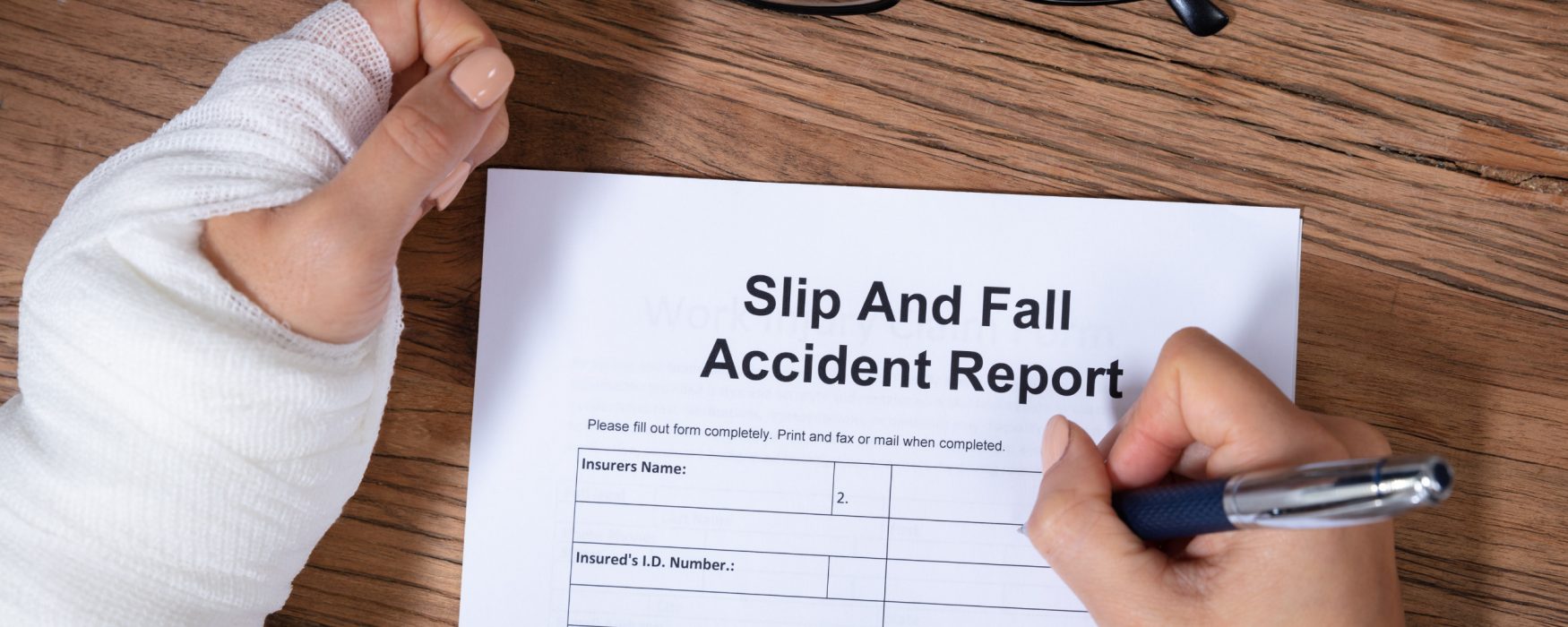
Article courtesy MIRS News for SBAM’s Lansing Watchdog e-newsletter
The Michigan Supreme Court overturned July 28 a more than 20-year standard that property owners were free from liability in slip-and-fall cases if the danger causing the accident was “open and obvious.”
Instead, a new standard that requires property owners to “take reasonable care to protect invitees” should be used going forward, according to the 5-2 ruling, which the majority says appropriately adjusts a previously “unfair” standard. The minority opinion cautioned that the ruling could “wreak havoc” on the judicial system and property owners by spurring more lawsuits.
The Supreme Court ordered both cases that caused the July 28 reversal of the 2001 decision in Lugo v Ameritech back to the trial court so the cases can be looked at through the new lens.
“. . . When assessing whether a defendant has breached their duty to take reasonable care to protect invitees from an open and obvious danger, courts should ask whether the possessor ‘should anticipate the harm,’” wrote Chief Justice Elizabeth Clement in the opinion.
Ahlam Kandil-Elsayed sued F&E Oil, Inc., in Wayne County Circuit Court after slipping on ice in the parking lot of the gas station while walking into the store to pay for gas.
Renee Pinsky and David Pinsky sued Kroger in Washtenaw Circuit Court after Renee Pinsky tripped over a cable closing one of the checkout lanes and injured herself.
The circuit court judges dismissed the cases, and the dismissals were upheld by the Court of Appeals.
A main argument of the majority was that it wasn’t up to the judge to make the determination of what is “open and obvious,” but instead up to the jury to decide.
Justice Richard Bernstein wrote a separate concurring opinion, but arguing that the criteria would change for “open and obvious” when applied to people with disabilities.
“My hope is that, as this Court continues to shift premises-liability jurisprudence to more equitable grounds, we soon take up this salient quest and provide clarity for the litigants of our state,” Bernstein wrote.
Justice Brian Zahra’s dissent wrote that the decision would have negative effects on the state because every person with property would be impacted.
“The obvious doctrine was not perfect, but it reflected commonsense intuitions and the concept of duty in our law more generally. In overturning this doctrine, the majority misreads or ignores decades of precedent and saps the critical duty element of any real limiting force,” Zahra wrote.
He said the result of the decision would expand the liability of property owners and lead to more lawsuits in Michigan.
“Few of our recent decisions in this area of law have had the potential to wreak such havoc. I dissent,” he concluded.
Added Justice David Viviano, who wrote his own dissent, “The majority’s unprecedented decision sweeps away a commonsense rule that has served Michiganders since the 19th Century.”